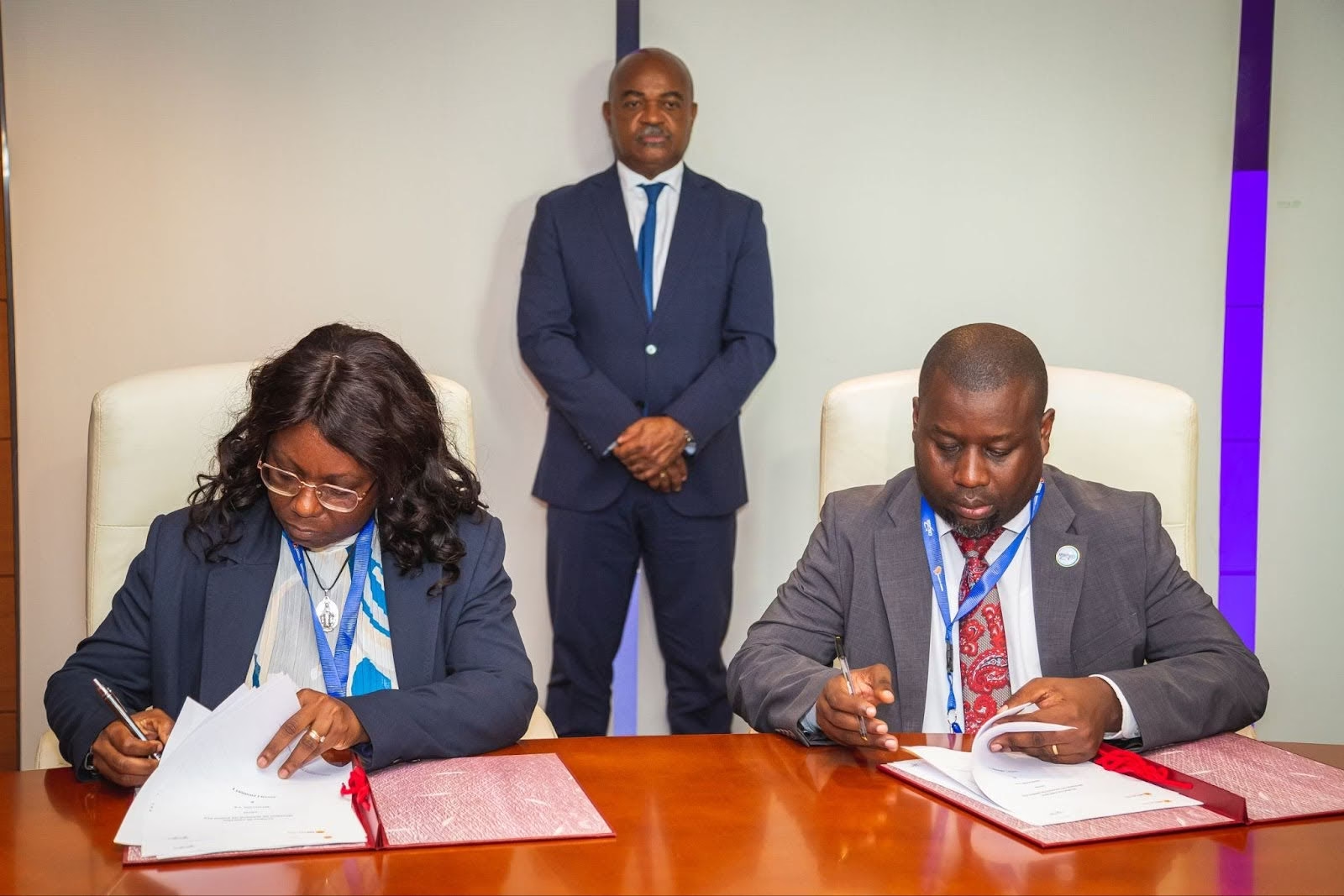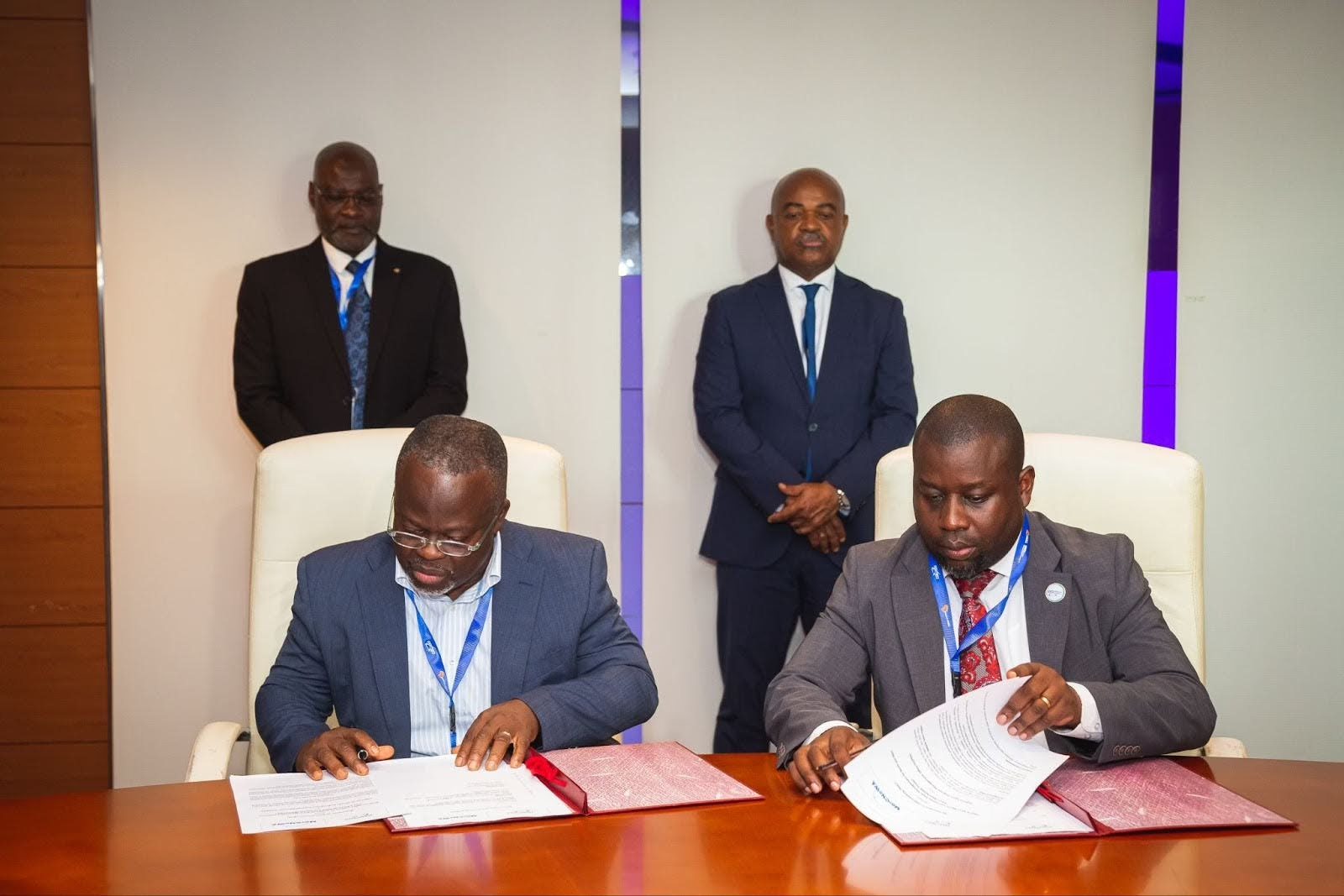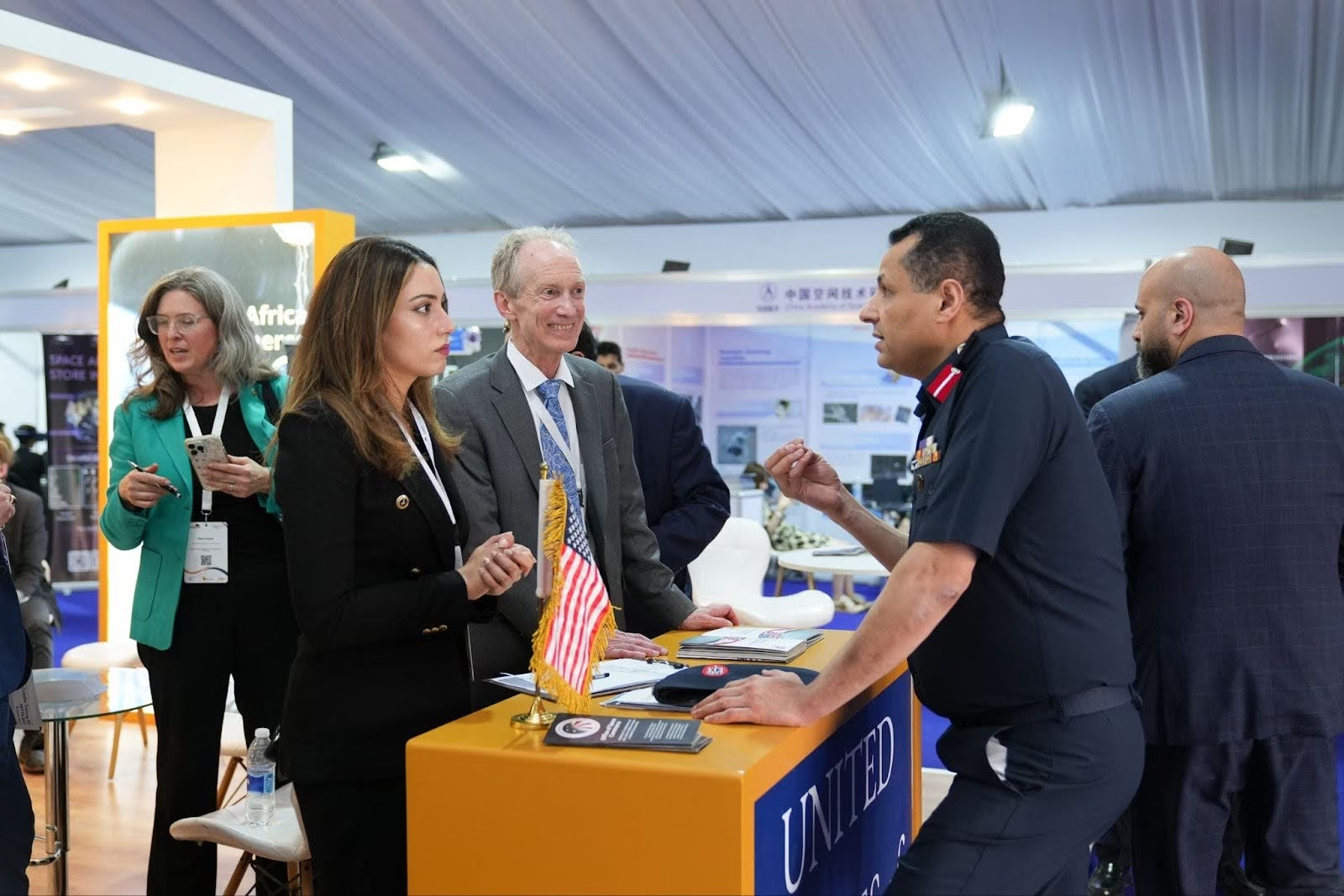How The NewSpace Africa Conference is Shaping the Continent’s Space Ambitions


Over the past few years, the NewSpace Africa Conference has evolved beyond a gathering of industry leaders; it has become the continent’s most active dealmaking hub for space and satellite partnerships. Across successive editions, governments, private companies, and regional organisations have leveraged the conference to formalise collaborations that strengthen Africa’s space ecosystem. In conference halls, exhibition booths, private meeting rooms, and at mixers and networking events, ideas rarely end as conversations. They evolve into alliances, bilateral and tripartite agreements, and strategic commitments that reshape the trajectory of Africa’s space ecosystem across multiple industry verticals. Here, among innovators, policymakers, and entrepreneurs, the continent’s most consequential space partnerships are forged.
From Nairobi to Abidjan, Luanda to Cairo, the deals signed on the sidelines of the conference tell a clear story that African leading space stakeholders are not waiting for opportunities to arrive to be connected to the global market; they are building them, and only stakeholders who explore the available opportunities will be part of Africa’s space future.

In Africa, where digital connectivity remains a catalyst for industrialisation and economic development, partnerships forged at the conference are anchoring Africa’s communications development plans. At the NewSpace Africa Conference, stakeholders such as Angola’s MS Telecom and GGPEN inked an MoU to enhance broadband connectivity across the country, while GGPEN followed up with RASCOM to share satellite infrastructure to expand African nations’ access to satellite services and connectivity. In 2025, RASCOM signed a similar deal with Egypt’s Nilesat Company to improve digital connectivity, strengthen satellite infrastructure, and enhance African service delivery. More than infrastructure, these agreements are about inclusion and taking the socioeconomic benefits of space to the remotest regions of the continent. These agreements signal a shared ambition to connect every corner of Africa, not just through networks, but through opportunity. By building a unified communications backbone, these players are redefining what it means for Africa to be both connected and competitive in the global digital economy.

Africa’s space ambitions are equally rooted in sustainability and data-driven decision-making. Partnerships like MarcNowa and GGPEN’s MoU to use Earth observation for environmental sustainability, a move that directly aligns space innovation with local development needs for the Phase 2 of the GMES and Africaica programme, Satlyt’s collaboration with the Kenya Space Agency to leverage AI and EO to power smarter governance, agricultural monitoring, and climate resilience are redefining how technology serves humanity and increasing global interest in the African space scene. Solafune’s agreement with the Egyptian Space Agency to advance AI-driven satellite applications and promote business development and space technology collaboration between Africa and Japan, and the UAE-Egypt bilateral agreements, have underlined how Africa’s space engagements are attracting international collaborators seeking sustainable, mutually beneficial partnerships with African institutions.
Similarly, SatNav Africa JPO has emerged as one of the most active signatories at the conference, entering collaborations with AGEOS Tunisia, Eureka Geo, RIIS, and the Regional Centre for Mapping of Resources for Development to expand the adoption of GNSS and SBAS applications across Africa. These deals highlighted not just cooperation but a coordinated effort to scale space-enabled services for agriculture, navigation and positioning, and infrastructure planning across borders. These collaborations mark a critical step toward self-reliance in satellite navigation, a domain long dominated by global players, to ensure that Africa not only uses space-based positioning systems but builds and operates them.

These are not just collaborations. They are strategic investments in the continent’s future socioeconomic and developmental systems, signalling a continental shift from dependency to design and ensuring that Africa has the tools, data, and autonomy to manage its resources and respond to planetary challenges on its own terms. What’s emerging is an ecosystem driven by African-led innovation, cross-border collaboration, and a recognition that space is not just a domain of exploration, but of economic transformation. And as more nations integrate these technologies into transportation, agriculture, and emergency response systems, the impact of these deals creates a ripple effect in the continent’s future.
Time and time again, the NewSpace Africa Conference has proven to be the launchpad of Africa’s commercial space era, with the continental space development blueprint being developed one handshake and conversation at a time. Each deal signed, each partnership formed, adds to a growing constellation of actors determined to transform ideas into progress and solutions to developmental problems.
And as the conference returns in 2026, one thing is sure: Africa’s space development is accelerating, and the NewSpace Africa Conference is where Africa’s space future is negotiated, defined, and delivered. Register for early-bird tickets before 30th November 2025 to join us in Libreville next April and elevate your brand in front of your niche audience by exploring available sponsorship opportunities.
